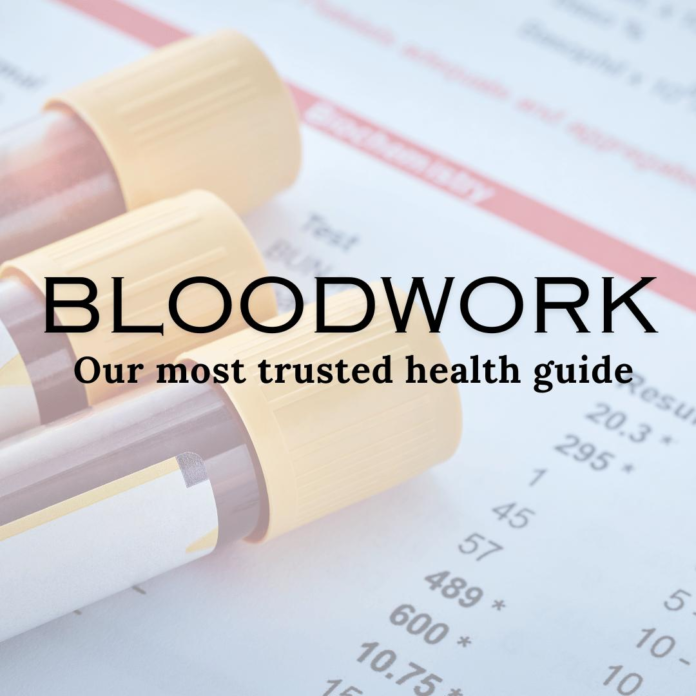
Understanding the Importance of HbA1c in Managing Diabetes
Diabetes is a chronic condition that affects millions of people worldwide. It is characterized by high blood sugar levels, which can lead to a variety of health complications if not properly managed. One of the key tools for monitoring and managing diabetes is the HbA1c test. This test measures the average blood sugar levels over the past 2-3 months and provides valuable information about how well a person’s diabetes is being controlled.
What is HbA1c?
HbA1c, or glycated hemoglobin, is a form of hemoglobin that is bound to glucose. When blood sugar levels are high, glucose binds to hemoglobin in red blood cells, forming HbA1c. The higher the blood sugar levels, the more HbA1c is formed. Because red blood cells have a lifespan of approximately 2-3 months, measuring HbA1c gives an indication of average blood sugar levels over that time period.
Why is HbA1c important in managing diabetes?
HbA1c is an important tool in managing diabetes for several reasons. First and foremost, it provides a more comprehensive picture of blood sugar levels than traditional blood sugar testing. While traditional blood sugar tests (such as fasting blood sugar or postprandial blood sugar) provide a snapshot of blood sugar levels at a specific point in time, HbA1c reflects average blood sugar levels over a longer period. This is important because blood sugar levels can fluctuate throughout the day, depending on factors such as diet and physical activity. By measuring HbA1c, healthcare providers can get a better sense of how well a person’s diabetes is being controlled over time.
In addition, HbA1c is used to determine treatment goals and adjust diabetes management plans. The American Diabetes Association (ADA) recommends that most people with diabetes aim for an HbA1c level of less than 7%. This target may be adjusted based on individual factors such as age, overall health, and risk of hypoglycemia (low blood sugar). By regularly measuring HbA1c, healthcare providers can track a person’s progress towards their target and make adjustments to their treatment plan as needed.
Furthermore, HbA1c is an important tool for monitoring long-term complications of diabetes. Chronically high blood sugar levels can damage blood vessels and organs over time, increasing the risk of complications such as heart disease, stroke, kidney disease, and nerve damage. By keeping HbA1c levels within target range, people with diabetes can reduce their risk of these complications and improve their overall health and quality of life.
How often should HbA1c be tested?
The frequency of HbA1c testing depends on several factors, including the type of diabetes, age, overall health, and treatment plan. In general, the ADA recommends that people with type 1 diabetes be tested at least twice a year, while people with type 2 diabetes who are meeting treatment goals and have stable blood sugar levels may be tested less frequently (e.g., once a year).
However, people with diabetes who are not meeting treatment goals, have unstable blood sugar levels, or are experiencing changes in their health or treatment plan may need more frequent HbA1c testing. It is important to follow your healthcare provider’s recommendations for HbA1c testing and work together to develop a monitoring schedule that is tailored to your individual needs.
How can you improve your HbA1c levels?
If your HbA1c levels are higher than your target range, there are several steps you can take to improve them and better manage your diabetes. Lifestyle changes such as a healthy diet, regular exercise, and weight management can help lower blood sugar levels and improve insulin sensitivity. Monitoring your blood sugar levels regularly and taking medications as prescribed can also help keep your HbA1c levels within target range. Working closely with your healthcare provider to develop and follow a comprehensive diabetes management plan is key to achieving and maintaining optimal HbA1c levels.
In conclusion, understanding the importance of HbA1c in managing diabetes is crucial for anyone living with this chronic condition. By measuring HbA1c levels regularly, setting realistic treatment goals, and making healthy lifestyle choices, people with diabetes can improve their blood sugar control, reduce their risk of complications, and enjoy a better quality of life. Talk to your healthcare provider today about how HbA1c testing can help you manage your diabetes and achieve your health goals.

















